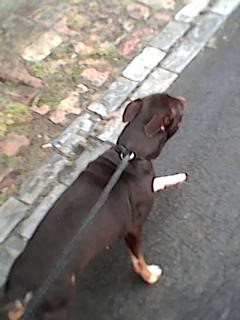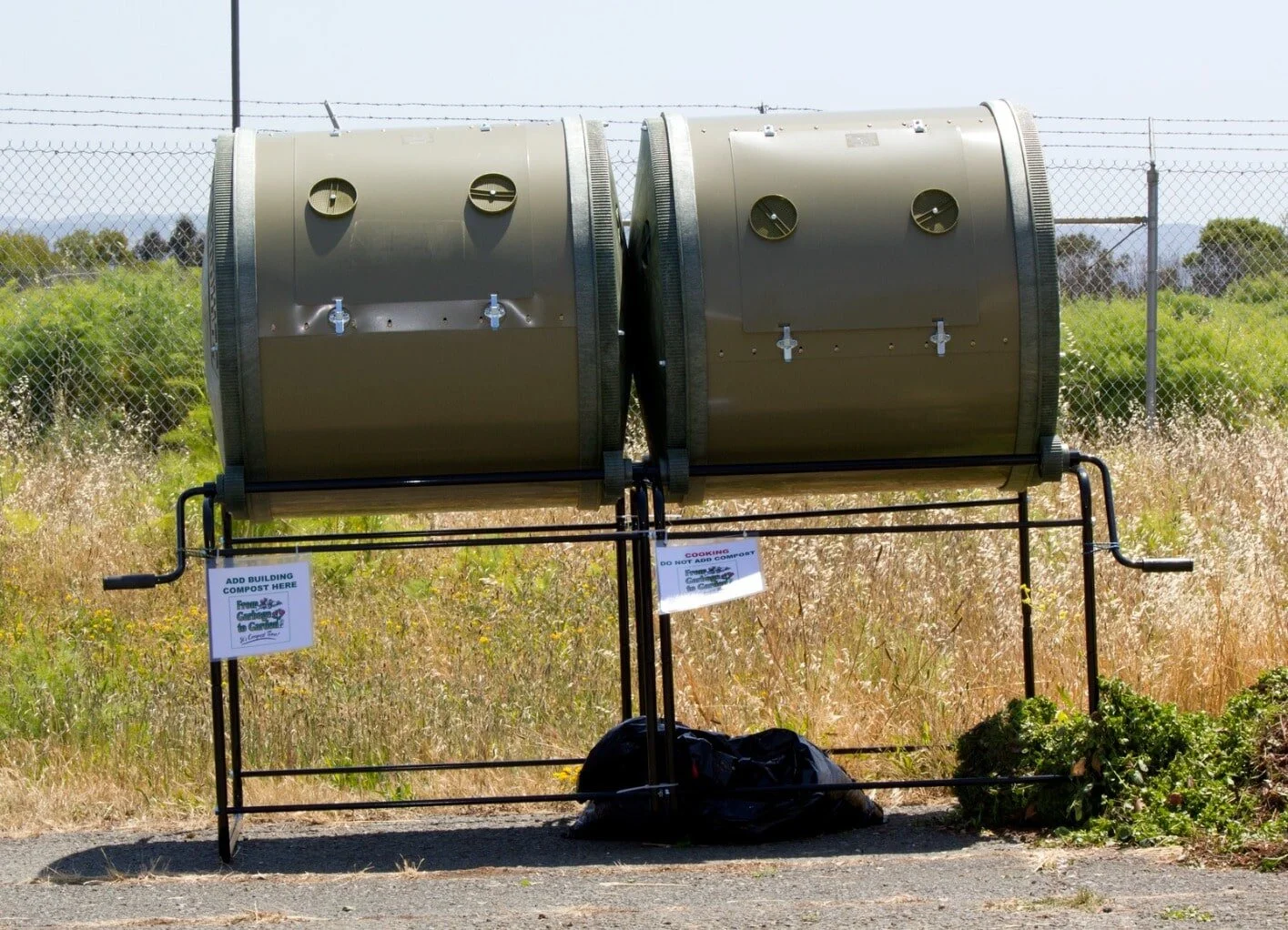Table of Contents
Pets and Gardens – Really?
Yes, really! You can have free-ranging pets, and an attractive garden – it just requires a little bit of creative thinking, and some careful planning.
These are two of my pack of free-range furballs – as you can imagine, sedate and gentle are not words that often make it into their vocabulary!
I live in a house whose outside space is a fenced, concrete yard – that space is the dogs' space, a space where ball games are played, early-morning four-legged foot races are held, and a space whose perimeter must be patrolled and marked at regular intervals throughout the day.
It is also my space, a space where I can welcome nature, express aspects of myself that don't have a natural interior fit, and – if I get very lucky with the weather – grow small amounts of fresh food.
“I do best with peppers, personally – living in a coastal town, the seagulls tend to get anything softer and sweeter before I do.”
So – how do I combine the two elements? How do I share the space without favour or detriment to one side over the other?
Level Up
Good fences don't just make good neighbours – they also make good display points for smaller plants, especially herbs.
Each spring, I refresh the planting of herbs along my fence line, potting up in small metal containers designed to hang over the top of a fence.
As the herbs reach maturity, I bring them in, potting them in larger containers along my kitchen windowsill, in easy reach for stews, teas, and curries.
Box Fresh
Rustic, “shabby chic” apple crates are all the rage at the moment as planters, and in my garden, they sit perfectly on any of the several tall bar chairs that form the anchor points for my washing line.
Old-fashioned, wooden step ladders can also make good planting shelves, although cats (and my wolfdog!) will be up them in a trice, probably knocking things off as they go.
Let it Hang
Hanging baskets are a simple, attractive way to have a stunning planting display that's not only out of easy reach of dogs, but also inaccessible to cats looking for a convenient lavatory.
If you're not able to reach to water a hanging basket, why not try cacti hung in lidded glass jars?
“Just make sure you drill some holes in the top of the lid to allow sunlight to get through, and bring them inside during heavy rain.”
Bring Out the Heavyweights
Big, solid urns, pots, and troughs, filled with soil, topped with pebbles or decorative stones, are nearly impossible for even the most enthusiastic large-breed dog to knock over.
The general rule of thumb is, if you struggle to move the pot, your dog will struggle to send it flying when they're haring through your garden.
Simple Rules for Pet-Plant Harmony:
Check whether the plants you want are toxic to any of your pets – lilies, particularly, should be kept away from cats.
Go with gravel, paving, or bark – attractive, lush lawns and pets (especially dogs) do not mix!
Maybe give water features a miss, or go for a small, shallow, narrow design which pets can't easily fall into.
When it comes to planters, the heavier the better
If you're planting bulbs, and you have dogs, keep the dogs inside – most bulbs are toxic to canines, and most dogs are daft enough to eat them anyway.












